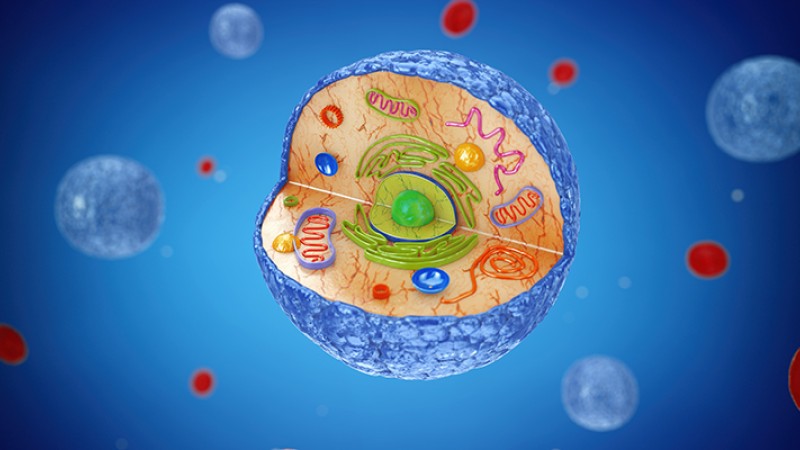The Fractal Mirror: How Development Recapitulates Biosphere History

Consider this:
Across all forms of life, a remarkable pattern repeats itself: development always begins with systems for taking in nutrients, organizing space, and interacting with the environment. This sequence is not random—it’s fractal. You can see it in the tiniest cell, the tallest tree, the largest animal, and even in the history of life on Earth itself. Life always grounds itself before reaching outward.
Eukaryotic Cells: Building from the Inside Out
At the dawn of cellular life, one of the first priorities is forming membrane-bound organelles—such as lysosomes and vacuoles. These compartments manage digestion, recycling, and internal order, allowing the cell to process energy and materials efficiently. Before a cell can grow or divide, it must establish this foundational system of digestion and environmental interaction.
Fungi: Digestion Before Growth
A single fungal spore begins its journey by growing a hypha—an exploratory filament that extends into its surroundings. This hypha secretes digestive enzymes, breaking down external matter so nutrients can be absorbed. Only after this groundwork does the fungus branch out to form mycelial networks or fruiting bodies. For fungi, digestion and integration come first—growth follows.
Plants: Roots Before Shoots
Plant embryos start life with a clear priority: roots. Before sprouting leaves or stems, a plant forms root primordia to anchor itself and start taking in water and minerals. This echoes the same logic seen in animals and fungi—absorb and integrate energy first, then expand and develop complexity.
Animals: Gut Before All
In animal embryos, one of the very first milestones is gastrulation, which forms the primitive gut. This structure lays the foundation for all future nutrient processing and organizes the body’s internal systems. Like roots in plants or hyphae in fungi, the gut grounds the developing organism.
The Biosphere: Digesters Before Complexity
Zoom out to the planetary scale. Early life on Earth was dominated by decomposers and anaerobic bacteria—organisms that broke down raw materials in the primordial oceans. These microbial pioneers served as the biosphere’s first digestive system, recycling nutrients and preparing the way for later, more complex forms of life.
Fractal Insight
Whether it’s the birth of organelles, the growth of fungal hyphae, the formation of plant roots, the emergence of animal guts, or the rise of decomposing bacteria, the same principle holds: Life begins by building systems for energy and material exchange. Digestion, absorption, and integration with the environment aren’t just early steps—they are the foundation for all complexity that follows.


Leave a comment